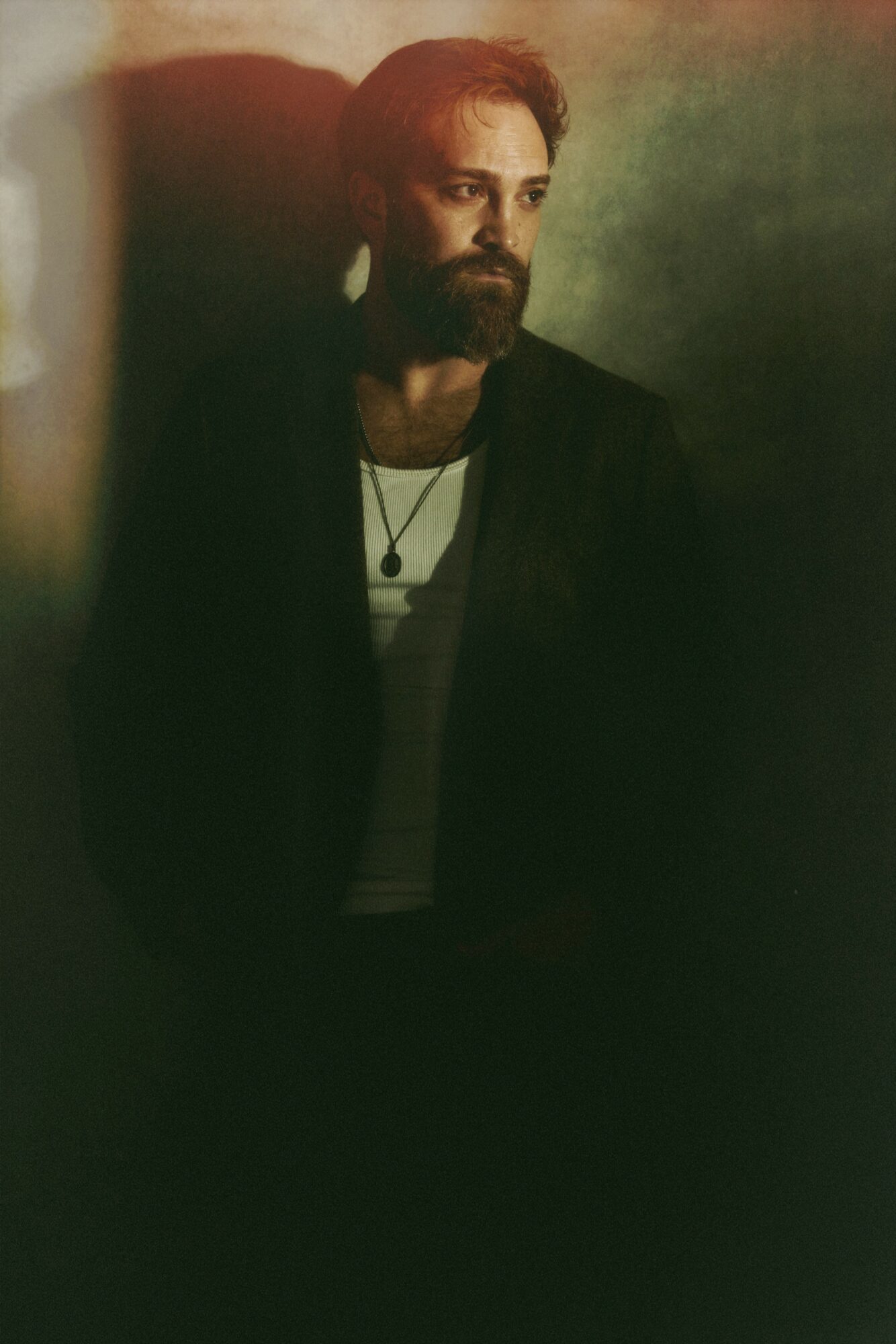

Stephen Belyeu shared their story and experiences with us recently and you can find our conversation below.
Stephen, so good to connect and we’re excited to share your story and insights with our audience. There’s a ton to learn from your story, but let’s start with a warm up before we get into the heart of the interview. What do you think is misunderstood about your business?
I think one of the biggest misconceptions about my show, The Night Owl Podcast, is that it’s just another paranormal entertainment platform — all jump scares, shock value, and over-the-top dramatics. But that couldn’t be further from what we’re doing. From the very beginning, I set out to create something that treated paranormal experiences with the same respect and emotional depth we give to any profound human experience.
What makes The Night Owl unique is that it’s rooted in empathy, not exploitation. We don’t just chase ghosts — we listen to people. We explore the emotional and often spiritual impact these unexplained encounters have on the individuals experiencing them. And we take great care in researching each location, its history, and its energy, while also honoring the people who share their stories with us.
A lot of shows want to prove whether something is haunted or not. I’m not interested in proving anything. I’m interested in telling human stories — stories of fear, grief, healing, connection, and sometimes even peace — that happen to take place in haunted spaces. That’s what sets The Night Owl apart.
Can you briefly introduce yourself and share what makes you or your brand unique?
Sure! My name is Stephen Belyeu, and I’m the creator and host of The Night Owl Podcast — a multi-award-winning paranormal podcast based in Austin, Texas. I come from a background in film and storytelling, and I’ve always been fascinated by the unknown — not just the eerie, unexplained events themselves, but the deeply personal stories behind them.
What started as a small passion project has grown into something much bigger — a show that gives voice to people who’ve had experiences they often feel they can’t talk about. I work with a team of historians, psychics, and investigators to explore haunted locations across Texas and beyond, but what I care most about is telling honest, grounded stories that resonate on an emotional level. It’s about more than just ghost stories — it’s about people, memory, healing, and mystery.
Right now, we’re working on some of our most ambitious investigations yet, as well as expanding into live events, collaborations with artists and healers, and developing a book based on the podcast. There’s so much in the works, and I’m excited to keep pushing the boundaries of what paranormal storytelling can look and feel like.
Thanks for sharing that. Would love to go back in time and hear about how your past might have impacted who you are today. What was your earliest memory of feeling powerful?
I wouldn’t say I felt powerful in the traditional sense — but I do remember the first time I truly felt the power of storytelling, and that I might have a gift for it.
It was during film school. I had a silent, black-and-white short film due — under five minutes — and I was stuck. I’d typically write horror, but nothing was coming together. Then, one night, I had a dream about my grandma. It wasn’t so much a dream as it was a memory — of how she used to make me breakfast every single morning before school. I’d be dropped off at her house before the sun came up, and she’d cook while I sat at the table. This went on from my early childhood all the way through high school. But when I left for college, that routine ended. And I’d never once stopped to think about what it might’ve felt like for her — to have her grandson suddenly gone, that ritual gone, that quiet joy of doing something for someone she loved, just… gone.
I woke up that morning thinking of her. I made the same breakfast she used to cook for me, and I called her. We made plans to see each other. And then I wrote the short film — not about me, but about her. About what that daily ritual might’ve meant from her side. What it might’ve felt like to be quietly left behind.
The film was completely silent — no dialogue, just visuals — but it struck a chord. It won Best Film in our school competition that year, and PBS reached out to screen it in Corpus Christi. After the screening, dozens of people came up to me in tears. But one moment stuck with me most: an older man, wiping tears from his eyes, approached me and said, “That was my grandma on that screen. And I’m calling her as soon as I leave this theater.”
That was the moment I knew — if I put my heart into my work, if I followed the threads of real emotion and connection, my stories would find the people who needed them. That path has led me here, and I’ve continued following it through The Night Owl Podcast. At the core of it all — whether it’s film or paranormal storytelling — is the same heart: empathy, memory, and honoring the unseen.
What fear has held you back the most in your life?
The fear of failure — without a doubt. I think that’s a pretty universal fear for artists and storytellers. When you create something deeply personal and put it out into the world, you’re inviting judgment. You’re opening yourself up to rejection, misunderstanding, criticism — and when your work is an extension of who you are, that can feel incredibly vulnerable. The fear isn’t just that the work will fail, but that you will somehow be seen as a failure because of it.
For a long time, that fear kept me stuck in cycles of hesitation — overthinking, delaying, sometimes even talking myself out of sharing things I had put my heart into. But what I’ve come to realize over the years is that every time I’ve taken a chance, even when things didn’t go the way I hoped, something valuable came from it. Sometimes it was success in the traditional sense — an award, recognition, an opportunity. But more often, it was a lesson, a connection, a moment of growth. And those “failures” were never really failures at all — they were part of the shaping process.
I’d be lying if I said that fear is gone. It still shows up — every time I release a new episode, pitch a new idea, or try something outside my comfort zone. But it doesn’t hold me back like it used to. I’ve learned to recognize that fear as part of the creative process — a signal that I care deeply about what I’m doing — and that’s actually a good thing. I move forward anyway.
And it’s kind of poetic, honestly — that now I produce a show that centers around fear. But instead of running from it, The Night Owl Podcast leans in. We explore fear — not just the fear of the unknown, but the emotional, psychological, and even spiritual fears that haunt people in real life. In a way, it’s come full circle. I used to be afraid of sharing my voice. Now I’ve built something that gives voice to fear — and helps people feel less alone in theirs.
Sure, so let’s go deeper into your values and how you think. What do you believe is true but cannot prove?
Given that I host a podcast documenting haunted places and paranormal encounters, this question feels like it was written for me. And the irony isn’t lost on me — I’ve spent years investigating reported hauntings, talking to witnesses, working with psychics and historians, conducting experiments like the Estes Method or Ganzfeld sessions… but I’ve never set out to prove ghosts exist.
In fact, that’s one of the things I didn’t fully realize about The Night Owl Podcast until I looked back at those early episodes. What I’ve really been doing all along is documenting and sharing human experiences — stories that are fascinating, emotional, sometimes terrifying, and often deeply meaningful to the people who live them. I love researching the history behind these cases, interviewing those affected, and following leads into strange, unexplainable territory. But I’m not chasing proof. I’m exploring possibilities.
Sure, it’s exciting when patterns emerge or when a psychic picks up on something eerily specific that’s later confirmed in historical records. But that’s not the goal. The goal is the journey — the curiosity, the connection, the act of listening to people who are often afraid to share what happened to them. And over the course of 65+ episodes, I’ve come to believe — without a doubt — that there is something real happening in these spaces and to these people. I’ve seen and felt enough to know, for me, that ghosts are real.
But I’m not here to convince anyone else of that. My goal isn’t to prove my truth — it’s to invite people to sit around the campfire with me, hear the stories, and come to their own conclusions. And if all I’ve done is give people a safe, engaging space to wonder… I’m good with that.
Thank you so much for all of your openness so far. Maybe we can close with a future oriented question. What is the story you hope people tell about you when you’re gone?
I don’t really care what people say about me — I just hope they felt something from knowing me. Whether it was through the stories I told, the time we shared, or the love I gave, I hope I left something meaningful behind. If my presence or my work made someone feel seen, connected, or a little less alone, that’s more than enough for me.
I hope that’s how I haunt those who knew me.
Who knows — maybe I’ll haunt them in a spooky way too.
Contact Info:
- Website: https://www.thenightowlpodcast.com
- Instagram: https://www.instagram.com/thenightowlpodcast
- Other: Spotify: https://open.spotify.com/show/7EwCzseiF8rEwB7Og1ERV3
Apple Podcasts: https://podcasts.apple.com/us/podcast/the-night-owl-true-ghost-stories/id1296680421
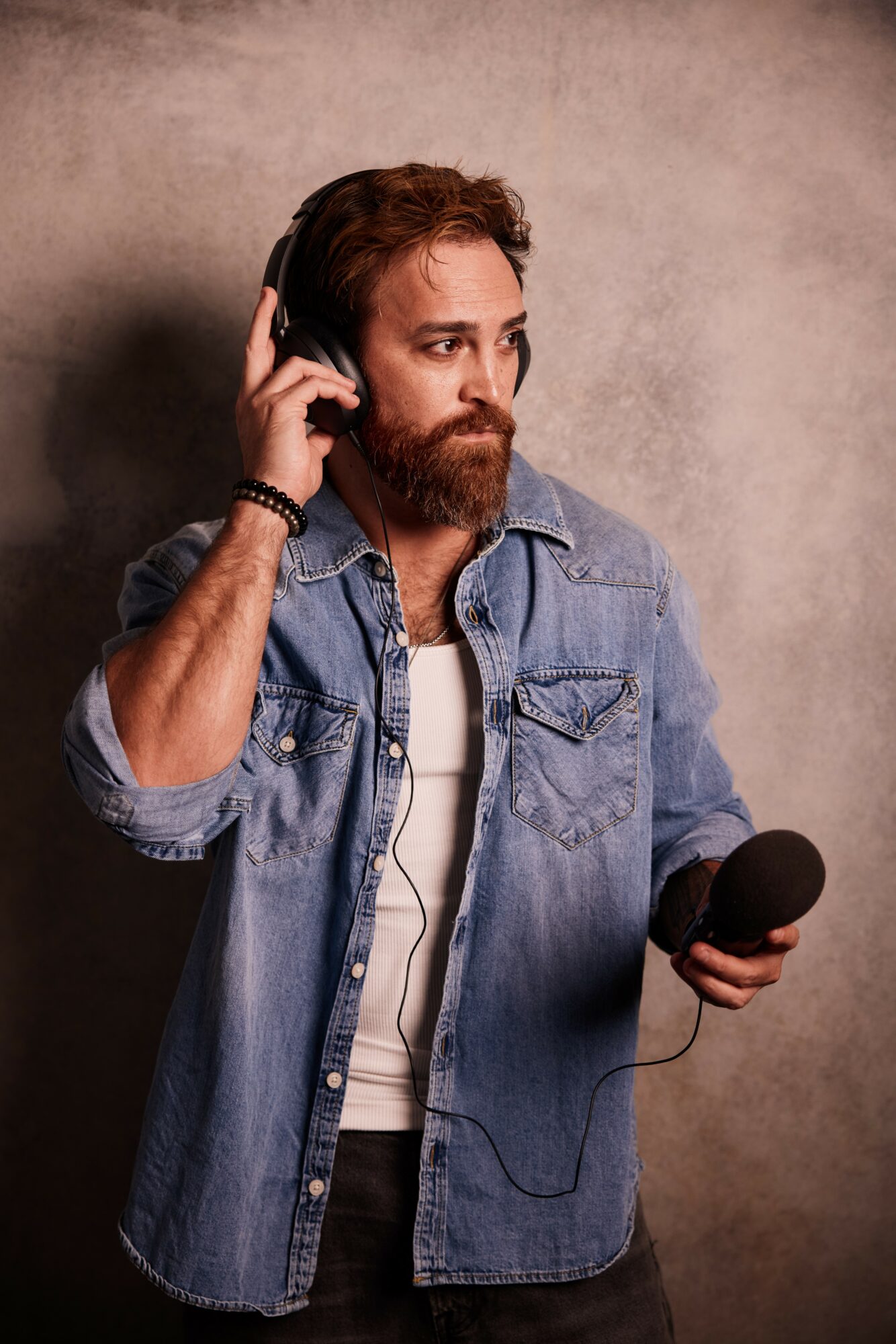
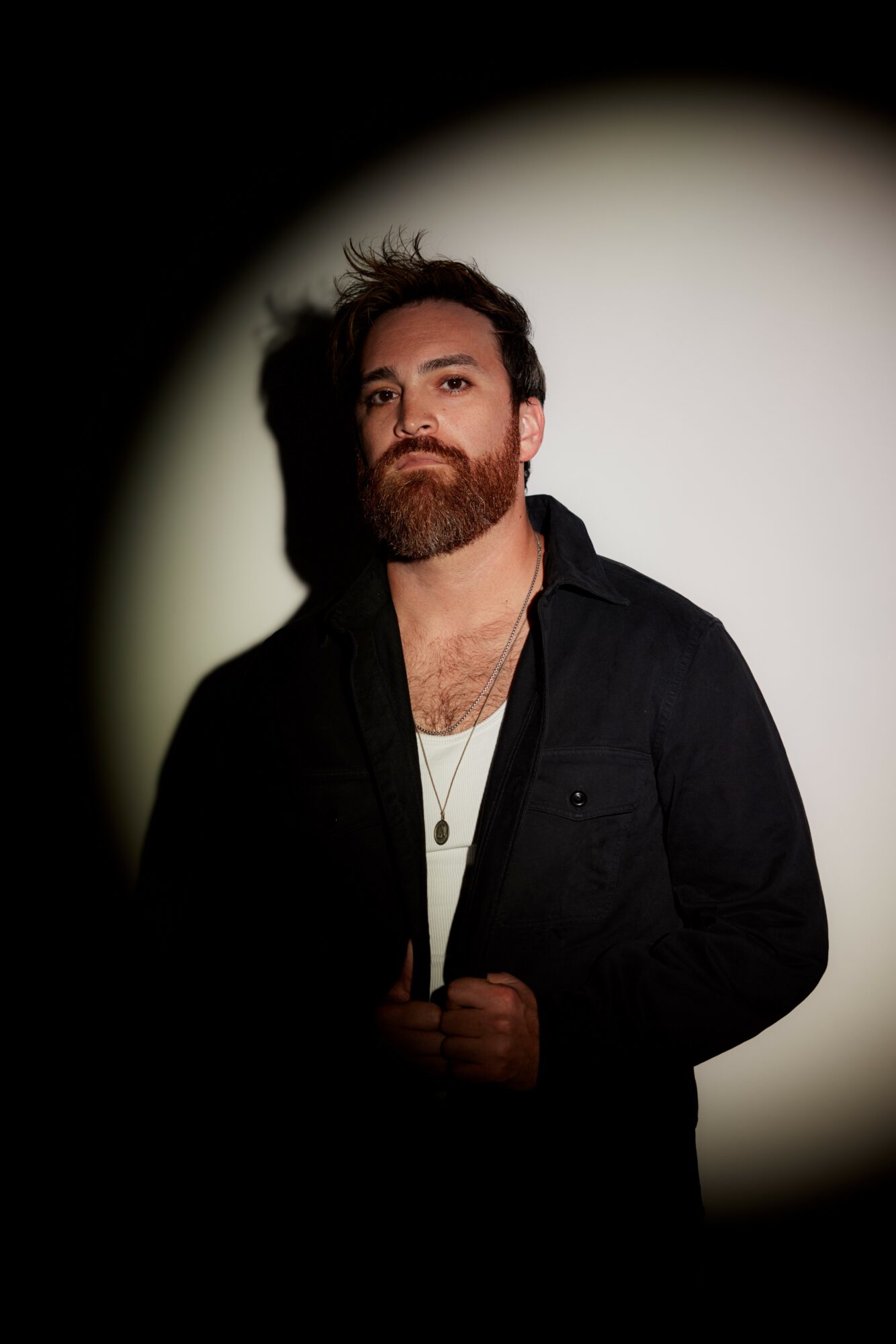
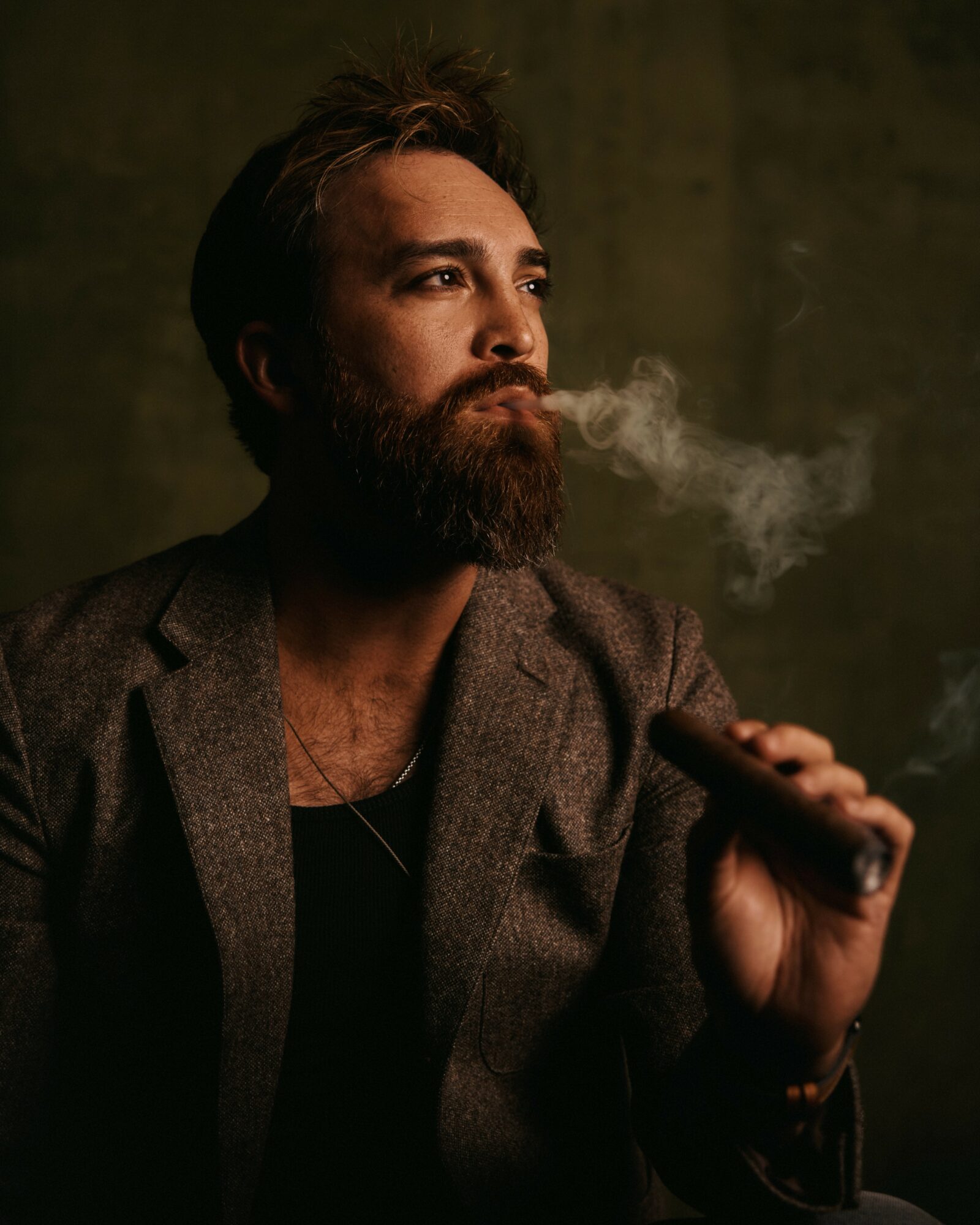
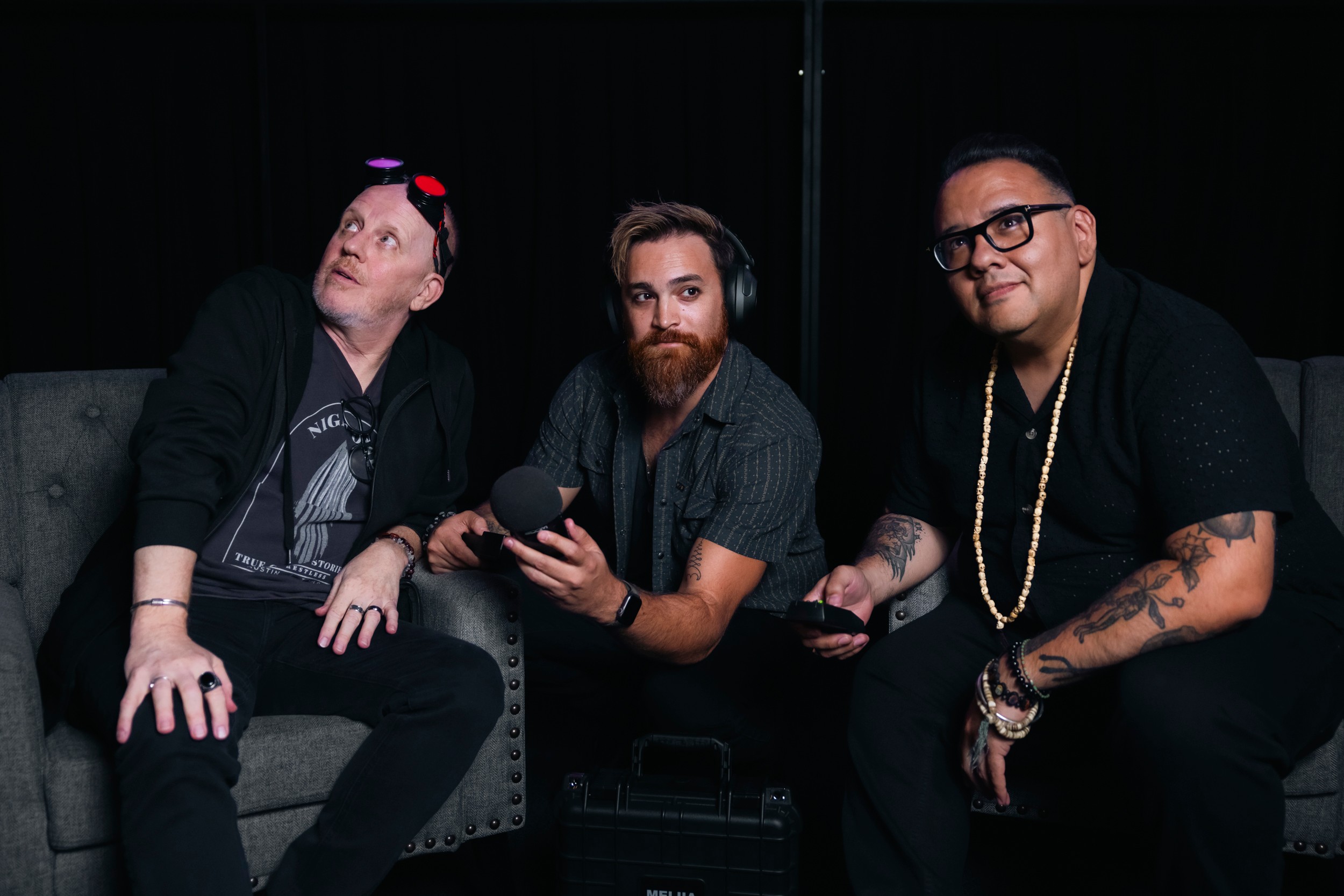
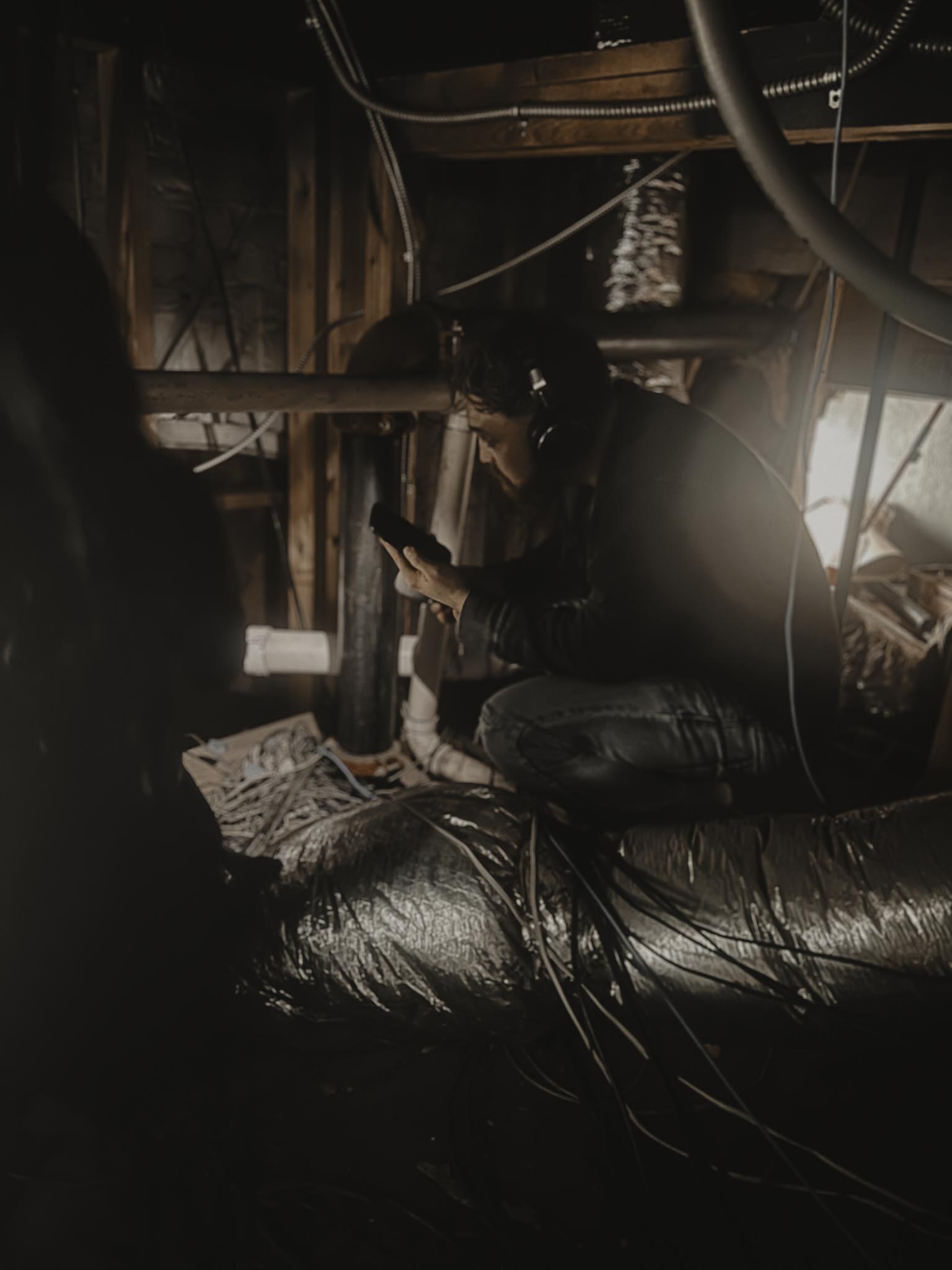
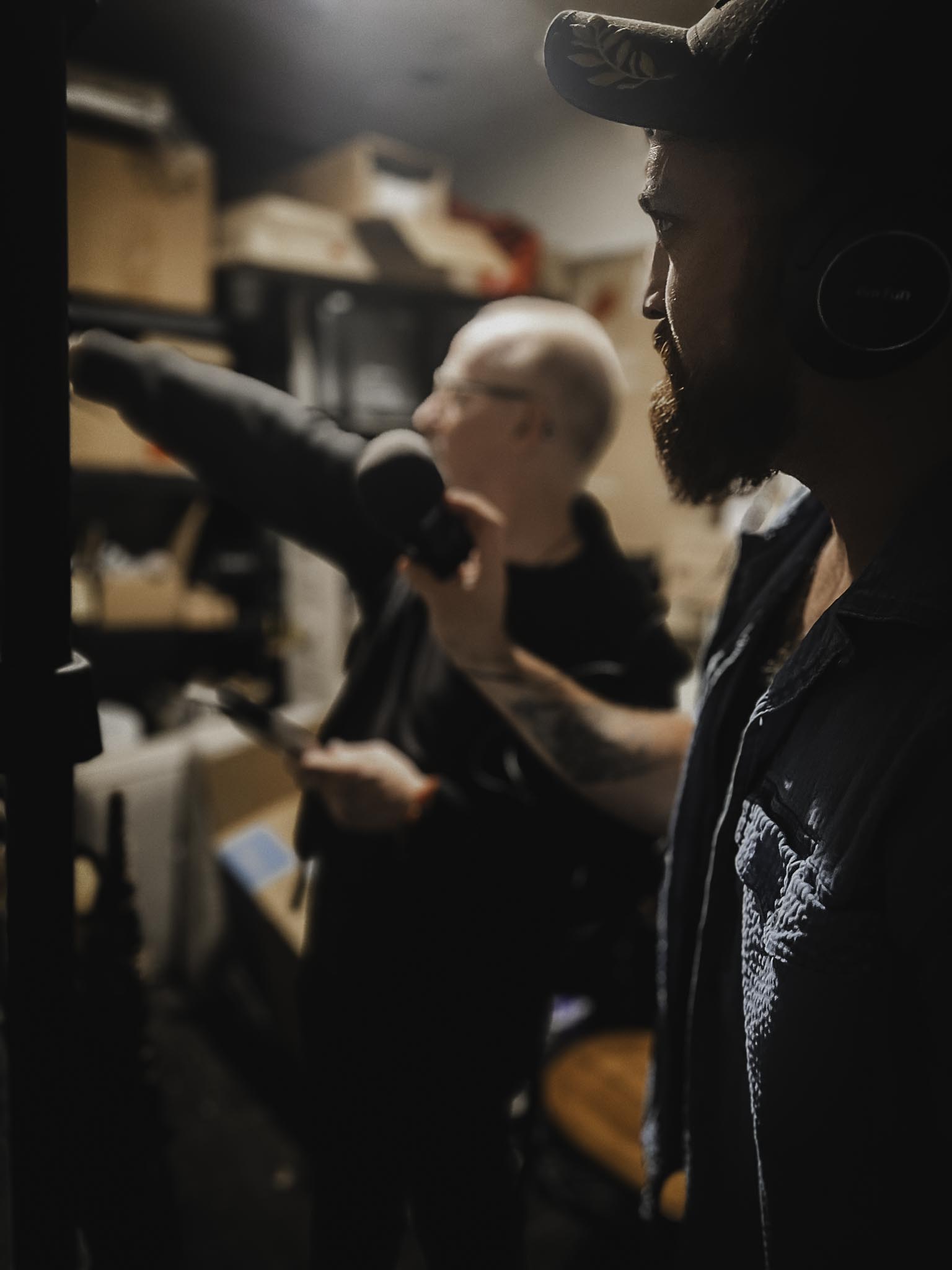
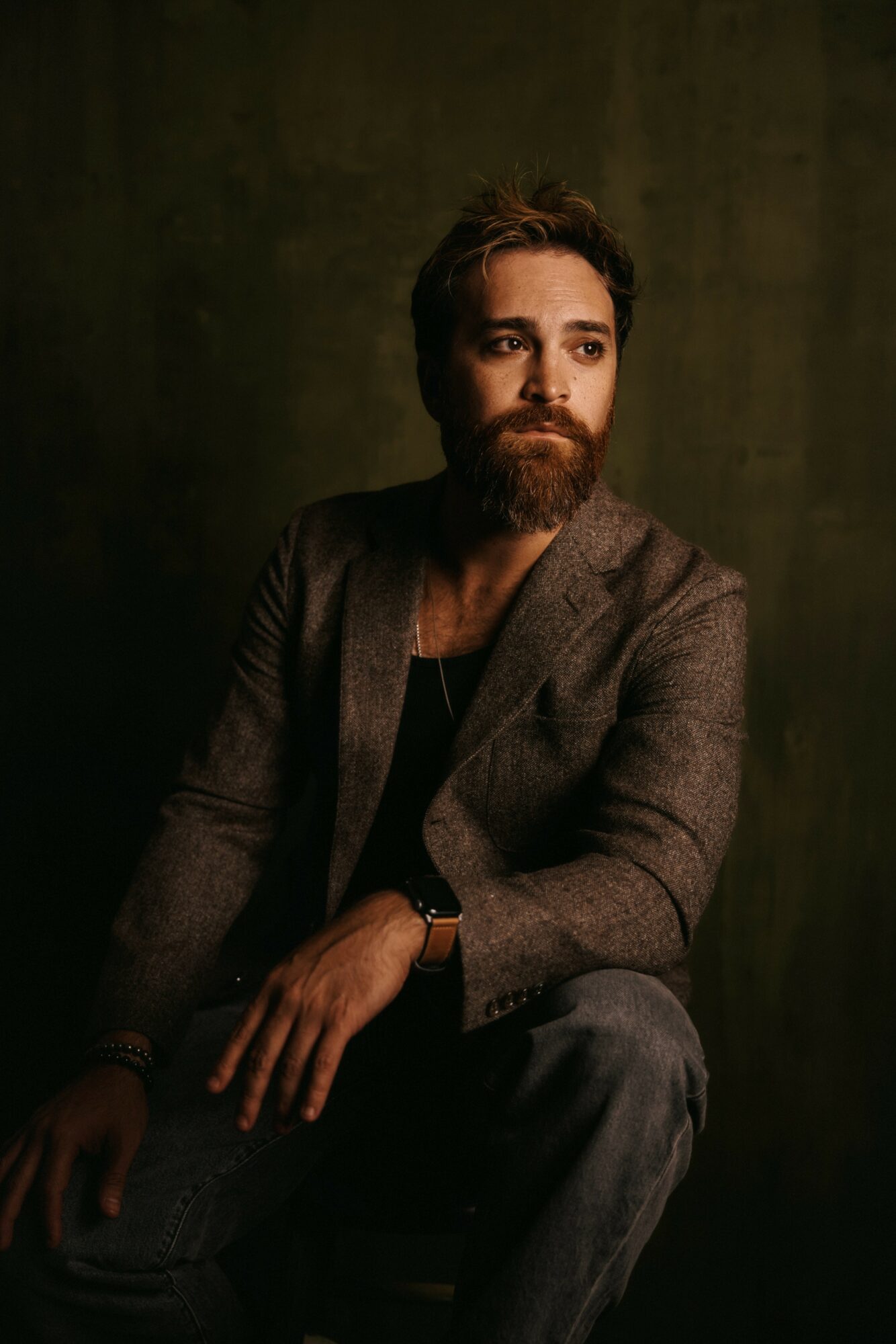
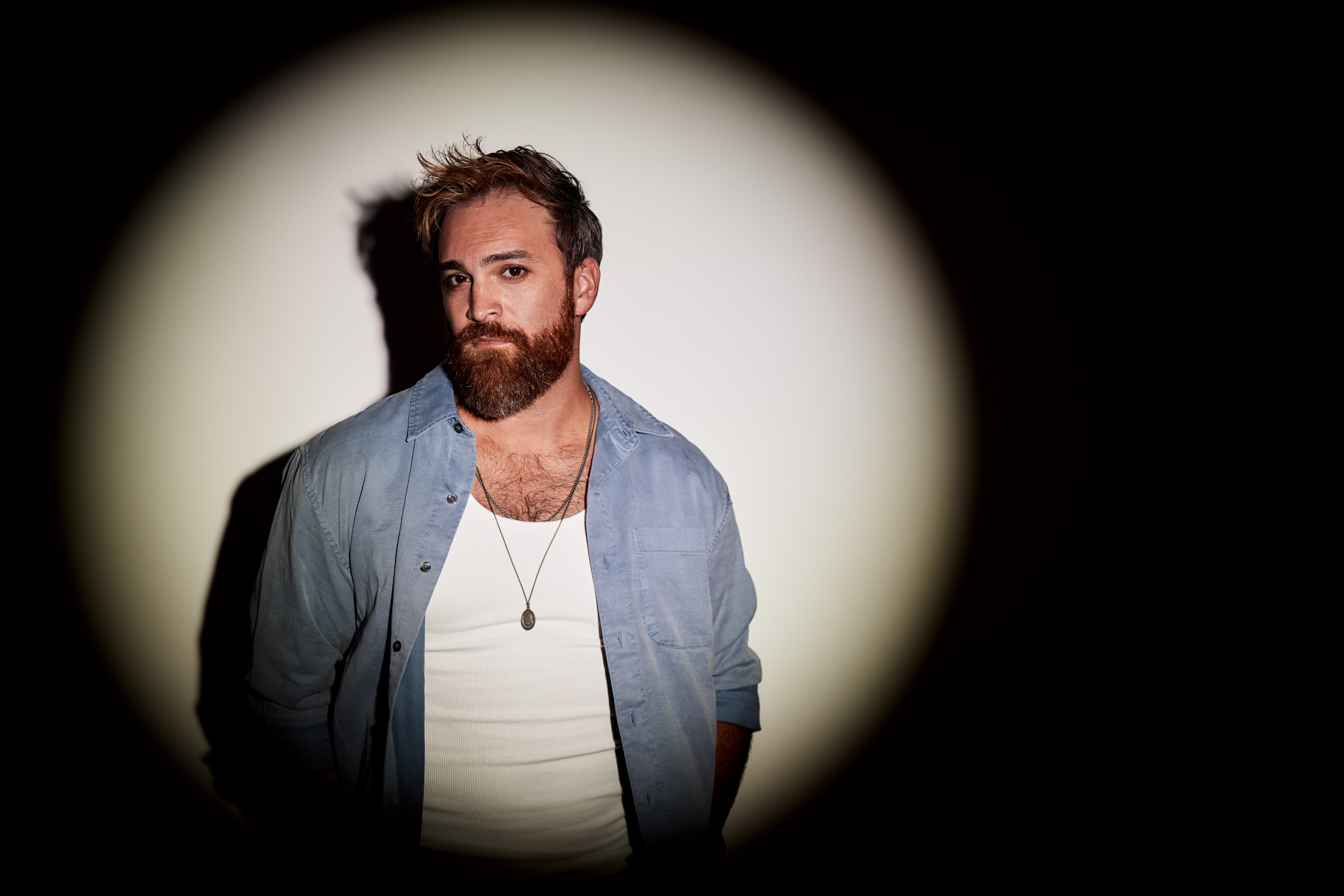
Image Credits
I’ve labeled the files with the appropriate credits. They vary but if you need help with them just let me know. The 3 different photographers are:
-Corey DeLeon
-Meg Blohm
-Erika Rich













